Japan to dump nuclear-contaminated water in sea, evoking strong reactions
Japan has decided to release water from the now-defunct Fukushima nuclear power plant into the Pacific Ocean, evoking strong reactions from regional countries, especially China.
The Fukushima nuclear power station went into shutdown after a massive earthquake and tsunami hit Japan in March 2011, killing an estimated 18,000 people.
The incident sent three of the power plant’s nuclear reactors into meltdown, causing vast radiation contamination in the region.
Twelve years after the meltdown at the site, Tokyo announced on Tuesday that it will start releasing more than 1 million metric tonnes of treated water from the wrecked nuclear reactor at the power plant into the sea on Thursday, Aug. 24, 2023.
"I expect the water release to start on August 24, weather conditions permitting," declared Japanese Prime Minister Fumio Kishida.
Japanese officials said most of the radioactive elements from the water, which is equivalent to more than 500 Olympic swimming pools, had been extracted except for tritium, a hydrogen isotope, which must be diluted in water because of the difficulty to filter it.
In the meantime, Tokyo Electric Power Company (Tepco), which runs the plant, said emptying the contaminated water from the nuclear plant's tankers will be carried out in a multiple-staged process which will take 17 days.
Initially, Tepco said, the water will be released in smaller portions, the first discharge totaling 7,800 cubic meters, equivalent to the water in about 3 Olympic swimming pools.
The contaminated water contains about 190 becquerels of tritium per liter, which is below the World Health Organization drinking water limit of 10,000 becquerels per liter, according to Tepco.
Japan has said that dumping the water is safe and Tepco reassured that the sea water will be checked during the course to make sure everything is alright with the natural environment.
The plants and the sea fish in the waters near the dumped nuclear-contaminated water will be tested and the results will be made available on the Japanese agriculture ministry's website, Japanese officials have said, giving assurances to address concerns regarding the pollution of not only highly demanded marine products, including seaweed and salt, but also, vegetables and dairy produce.
In July, the International Atomic Energy Agency (IAEA), the UN nuclear watchdog, approved Tokyo's plan to dump the water into the sea, saying the impact it would have on people and the environment was "negligible".
"The IAEA and many other countries have said it's safe, so I believe it is. But fishermen are facing so many problems so the Japanese government needs to do something to convince them," said 77-year-old NGO worker Hiroko Hashimoto.
Meanwhile, the plan to dump the polluted water into the sea, which was approved two years ago by the Japanese government as a crucial step to decommissioning the power plant and ending the last chapter of one of the world's worst nuclear disasters, has met with fierce reactions both at home and abroad.
Japan's fishing industry has expressed concern over the release of the nuclear-contaminated water into the Pacific Ocean, fearing the move would ruin their livelihood.
Regional countries have also expressed concern, condemning Tokyo's plan to "arbitrarily dump nuclear-contaminated water" into the sea.
Chinese foreign ministry spokesperson Wang Wenbin described Tokyo's decision to release the contaminated water into the ocean as "extremely selfish".
The foreign ministry spokesperson said on Tuesday that China was deeply concerned about the move.
Wang said Beijing "will take all necessary measures to protect the marine environment, food safety, and public health."
He added that Beijing had lodged a formal complaint. "The ocean is the common property of all humankind, not a place for Japan to arbitrarily dump nuclear-contaminated water."
China's vice foreign minister summoned Hideo Tarumi, Japan's ambassador to China, to lodge serious representations over Japan's plan for releasing Fukushima water, the ministry said.
China is gravely concerned and strongly opposed to the plan, the ministry added, reiterating its call on Japan to "correct" its course.
Elsewhere, protesters staged a rally in central Seoul on Tuesday to oppose Tokyo's plan to release treated radioactive water from the Fukushima nuclear power plant into the ocean.
In this regard, Seoul released a statement claiming it sees no problem with the scientific or technical aspects of the plan of its regional ally; however, it did not necessarily agree with or support Tokyo's plan.
Iran finalizes planning for talks with US; venue to be announced: Foreign Ministry
VIDEO | The official opening of Rafah Crossing
VIDEO | Iran prepared for equitable dialogue
VIDEO | Released to die: Medical neglect kills former Palestinian prisoner
VIDEO | Iran’s Islamic Revolution continues to send message of resilience across region
Iranian drone successfully completes mission in intl. waters amid reports of US sabotage
Gaza Civil Defense collapses as Israeli fuel blockade halts all emergency operations
UN Chief warns Israel’s E1 settlement plans threaten Palestinian statehood


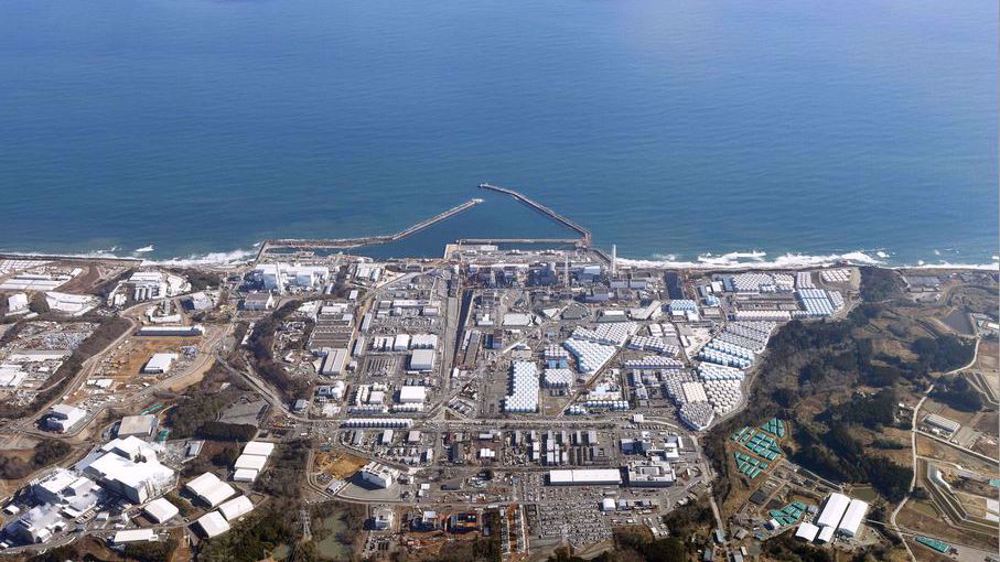
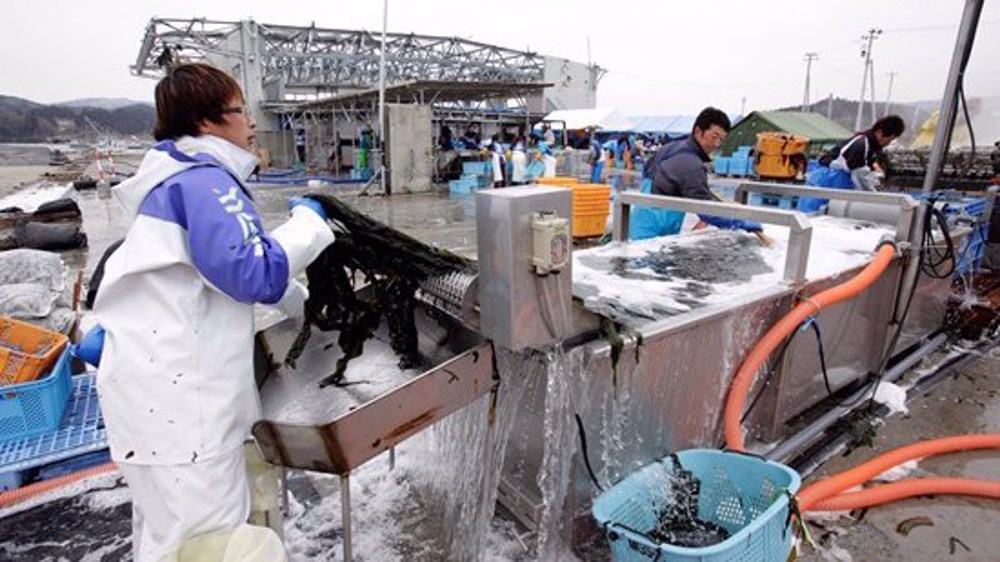
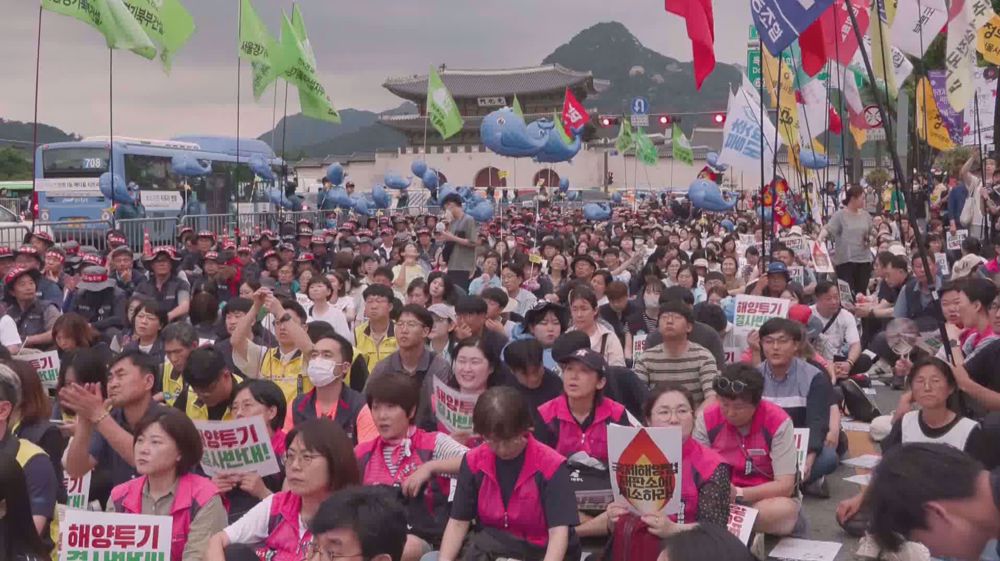
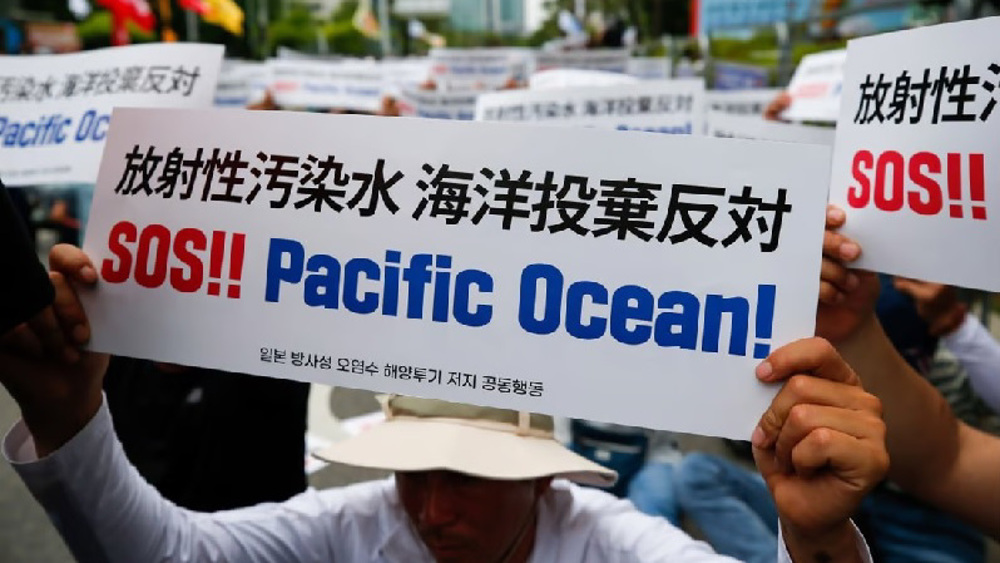

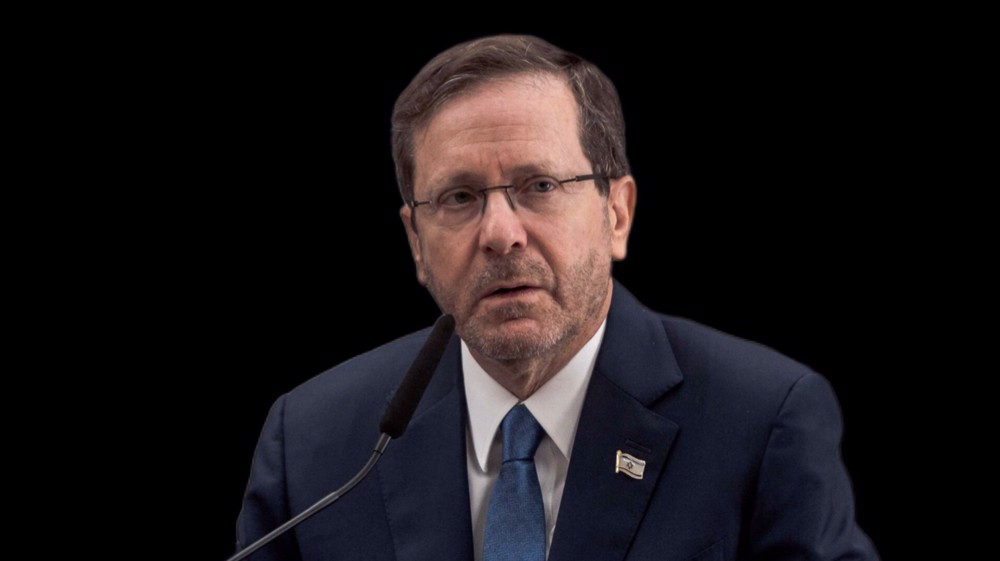




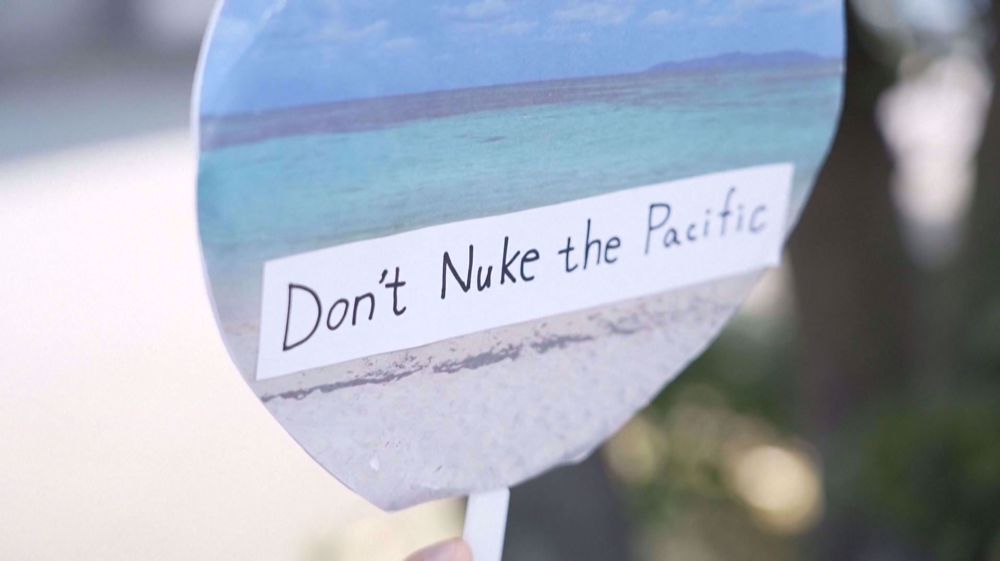
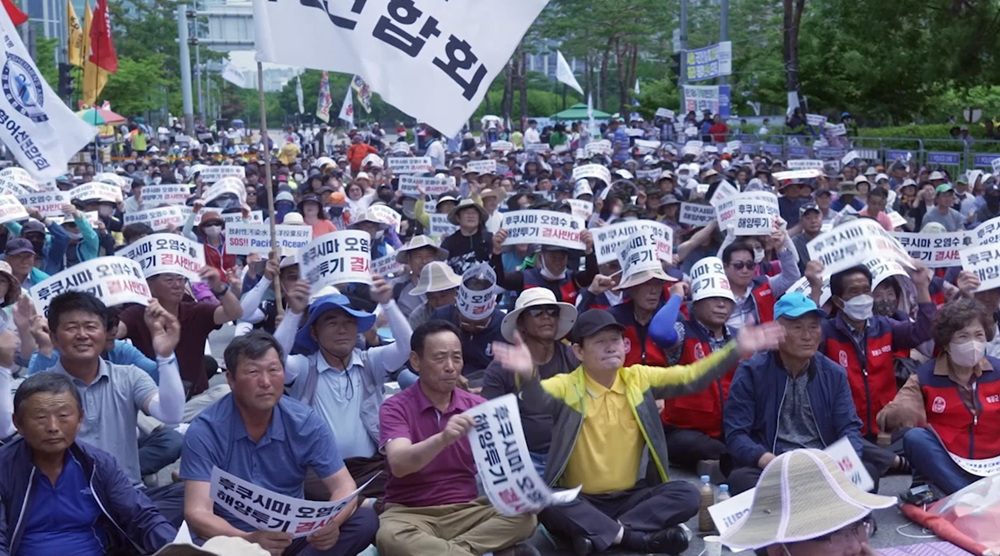
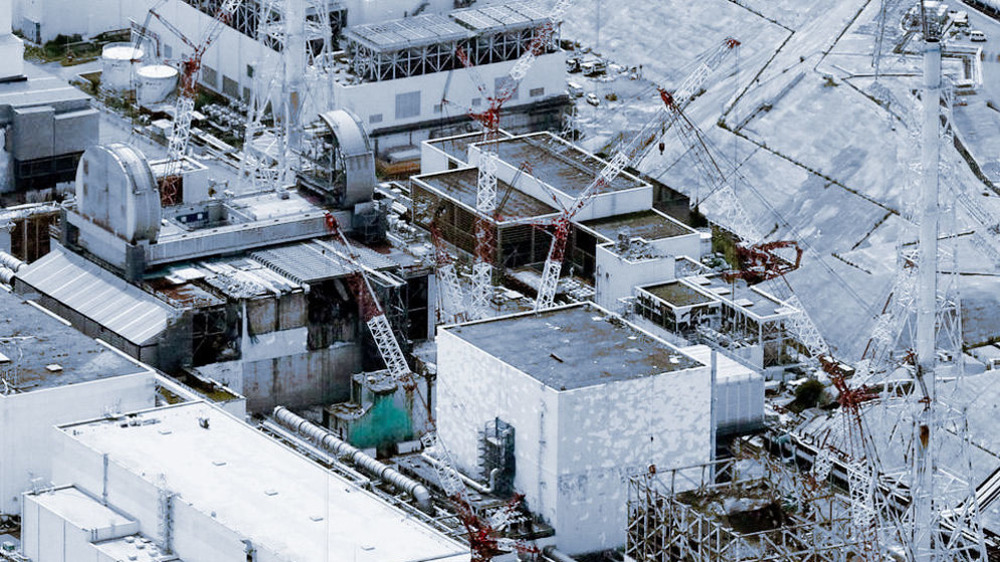

 This makes it easy to access the Press TV website
This makes it easy to access the Press TV website